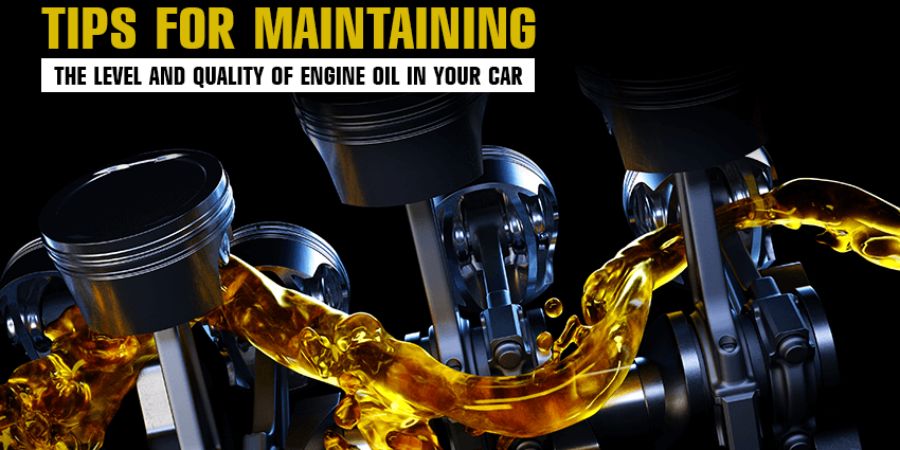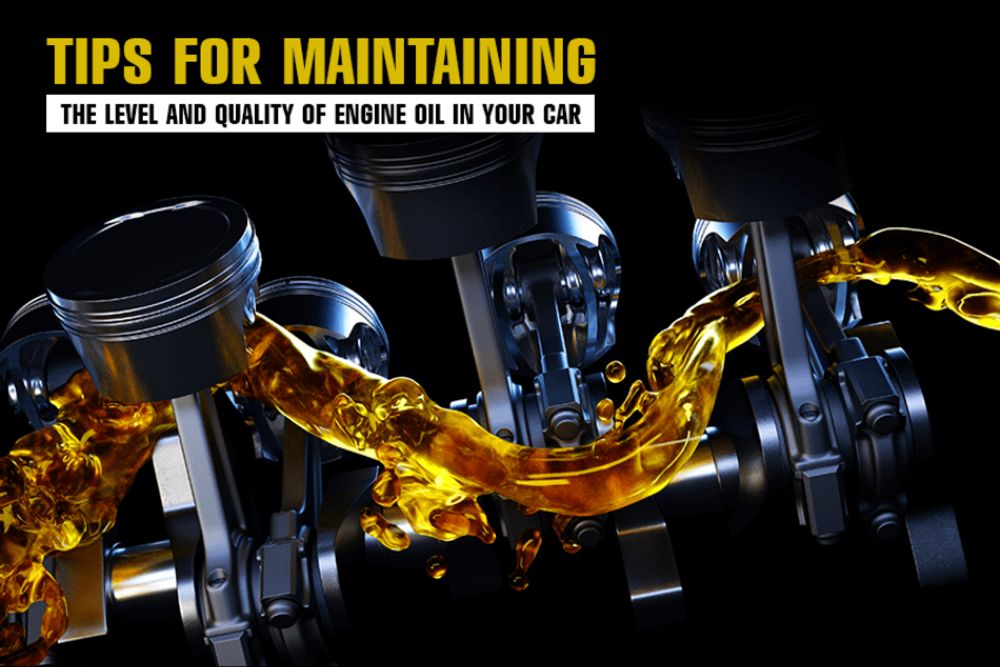

Today we're talking about motor oil, engine oil and engine lubricant those are different words all for the same thing. So why does your car need motor oil? What are the different kinds and viscosities what is the new gf six standard for oil well bust out some common myths about motor oil, car engines have lots of moving parts. As these parts move and rub against each other the force of friction creates Heat oil lubricates the engine to reduce friction absorbs heat and cleans the engine. It does this so that the parts can work effectively together without overheating but over time, motor oil breaks down and wears out. This makes it less effective and lubricating the engine and absorbing heat. That's why it's very important to change the oil before it breaks down and causes engine damage. There are four main types of motor oil, conventional oil, synthetic oil, synthetic blends, and high mileage oil. So which engine oil should you use for your engine and why? conventional oil is your standard motor oil it's made from crude oil that's taken from the ground refined and processed with additives at a factory The biggest advantage is it's low cost it's fairly effective as long as you choose the right weight and quantity conventional oil comes in a broad range of this guy's to these pan qualities. It's usually used in cars with simple engines and for drivers with conservative driving styles. Its disadvantage is that it's less refined than the other type of motor oils due to the naturally occurring materials in it. It also offers a lower degree of protection for your engine compared to other oil types.

According to a survey by the automobile oil change Association over 50% of car owners today use synthetic oil or synthetic blends in their cars full synthetic oil also known as synthetic is as the name denotes chemically engineered so it's generally more consistent, more refined and overall better for your engine. It lasts longer and time and distance compared to conventional oil and works better in both high and low temperature extremes. But all that comes at the price old synthetic motor oil is more expensive than conventional oil. A synthetic blend is a combination of synthetic and organic oil. It provides better protection and performance than conventional oil and alas longer term drivers of pickup trucks and SUVs usually prefer this because it offers additional protection from oxidation and cold temperatures for vehicles that carry heavier loads. It also tends to offer better gas mileage than conventional oil but not as good as full synthetic oil. So it makes sense that synthetic blends stand in the middle ground in terms of costs generally costing more than conventional oil but less than full synthetic oil, high mileage oil. Well the name speaks for itself. It's enhanced with specific additives to minimize oil burn off and oil leaks protect engine seals prevent oil evaporation and improved performance. For older cars with over 75,000 miles on them. It's recommended that you use high mileage oil when you're talking about motor oil. It's not just all about the type but also about the viscosity of the oil viscosity measures of fluids resistance to flow and it can be low or high. Put simply it's how thin or thick it is. For example thin liquid like water has a low viscosity, whereas thick liquid like honey has high viscosity. So how do you know which oil viscosity your engine needs you can find it in your car owner's manual which specifies the oil type and viscosity grade that your car needs. Often you can even find it on the oil cap under the hood when choosing motor oil you can see its viscosity by reading a bottle or can usually you'll see multiple numbers and letters the letter W stands for winter you'll see a number before the letter W another number after the letter W the number before the W is the winter oil viscosity parameter it indicates how well the oil flows at zero degrees Fahrenheit. That's important because let's say you live in a cold climate normally oil thickens up as the weather cools. So in that climate your current needs then motor oil so it can flow more easily in your engine. In other words, if your oil is too thick, there'll be harder to start your engine and it can reduce your gas mileage but let's say you live in a hot climate ever noticed how oil in a pan spins out as the pan heats up hot temperature thins out oil so if you live in a hot climate, your car needs oil it doesn't become too thin. In other words, a motor oil with a higher viscosity or a higher number before the letter W like n w then there's a number after the letter W that's the summer oil viscosity parameter based on viscosity at 212 degrees Fahrenheit This is the oils ability to resist any not at higher temperatures. For example, 10 w 30. Oil thins out at higher temperature faster than 10 w 40. So let's talk about motor oil standards.
End of Part 1
cont…




